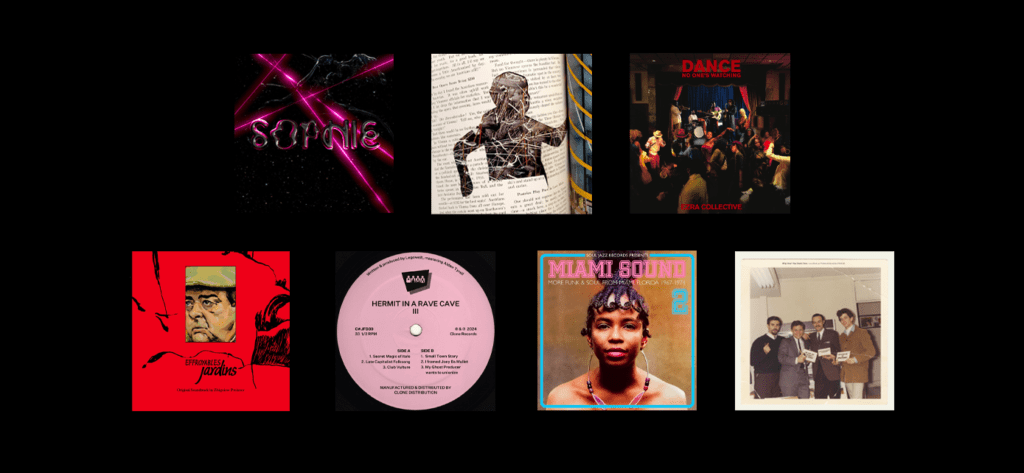Published on
September 27, 2024
Category
Features
Essential weekend listening.
This week’s rundown is by VF’s Kelly Doherty and contributors Annabelle Van Dort, Emily Hill and James Hammond.
SOPHIE
SOPHIE
(Transgressive)
Following her untimely death in 2021, the final material by Scottish producer and electronic visionary SOPHIE is finally given to her devoted fanbase. That much of the material on SOPHIE was unfinished and completed posthumously by her brother and close collaborator Benny Long means the album toes the line between tribute and standalone release – the contributors’ list is a who’s who of SOPHIE affiliates and those influenced by her work. Whilst understandably not as cohesive as previous SOPHIE releases, as a project that displays her talents in all its forms – whether hypermodern bubble gum pop or classical-tinged ambient – SOPHIE is a successful journey through the variety and depth in her work. A posthumous release that solidifies the legacy of a generational talent. – KD
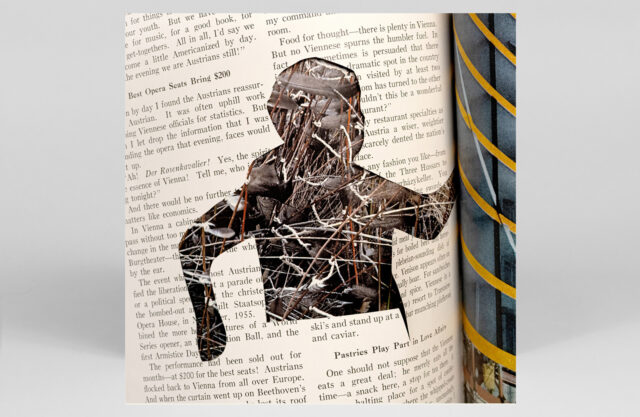
CS + Kreme
The Butterfly Drinks The Tears Of The Tortoise
(The Trilogy Tapes)
The Trilogy Tapes joyfully welcomes the return of seasoned players CS + Kreme, aka Conrad Standish and Sam Karmel, a duo whose long-standing collaboration has decorated labels such as Total Stasis and Wichelroede. The Butterfly Drinks the Tears of the Tortoise takes a step forward in their dynamic sound design capabilities. Crossing the lines of contemporary classical and folk, this album has an emotional and reflective energy at its core, arguably making this one of their most fully realised visions to date. – EH
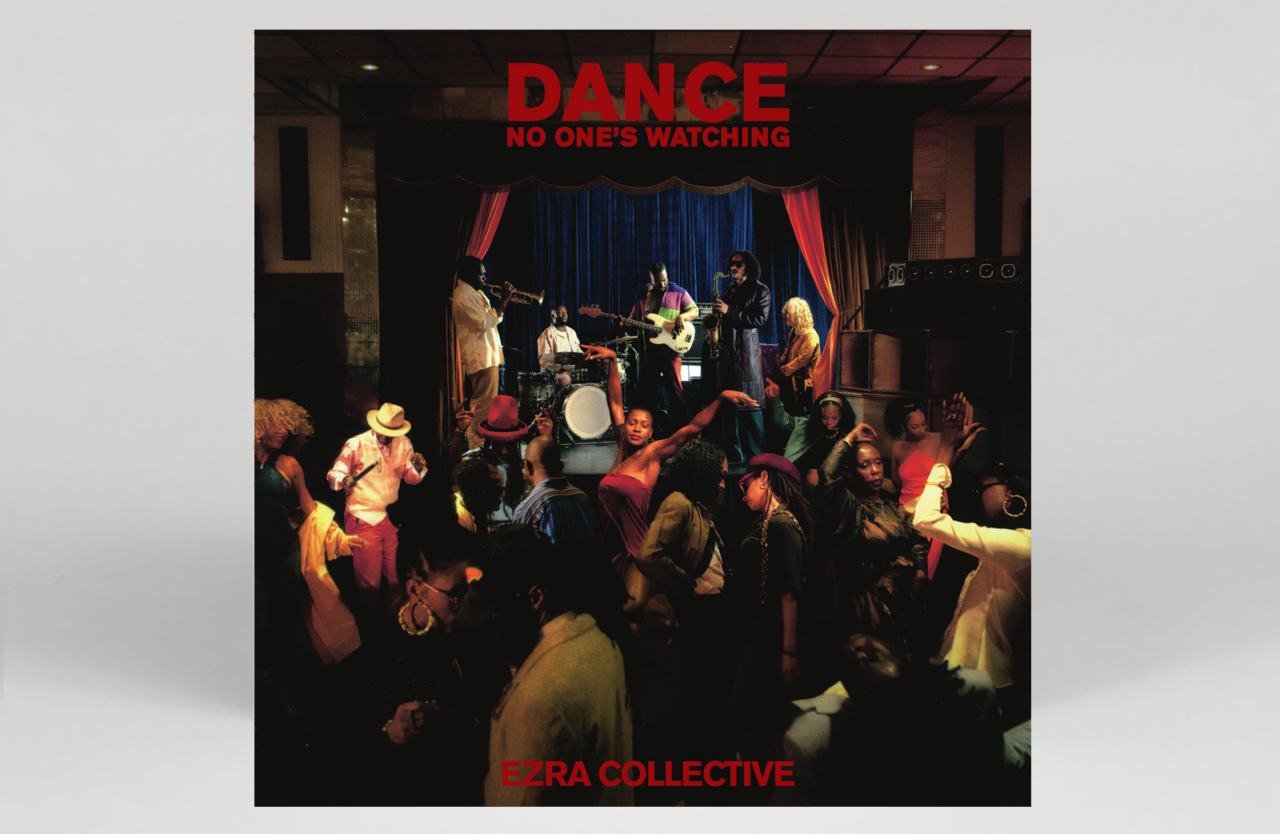
Ezra Collective
Dance, No One’s Watching
(Partisan)
London-based jazz quintet Ezra Collective bring back the sunshine on their latest effort Dance, No One’s Watching. A groove-laden meeting point between the experimentalism of jazz and the sheer danceability of funk, Dance, No One’s Watching has a mass appeal far beyond jazz devotees. Infectious, fun and smooth (well-matched collaborations with Olivia Dean and Yaszmin Lacey bring an irresistible neo-soul touch), Ezra Collective continue to develop and expand their sound. – KD
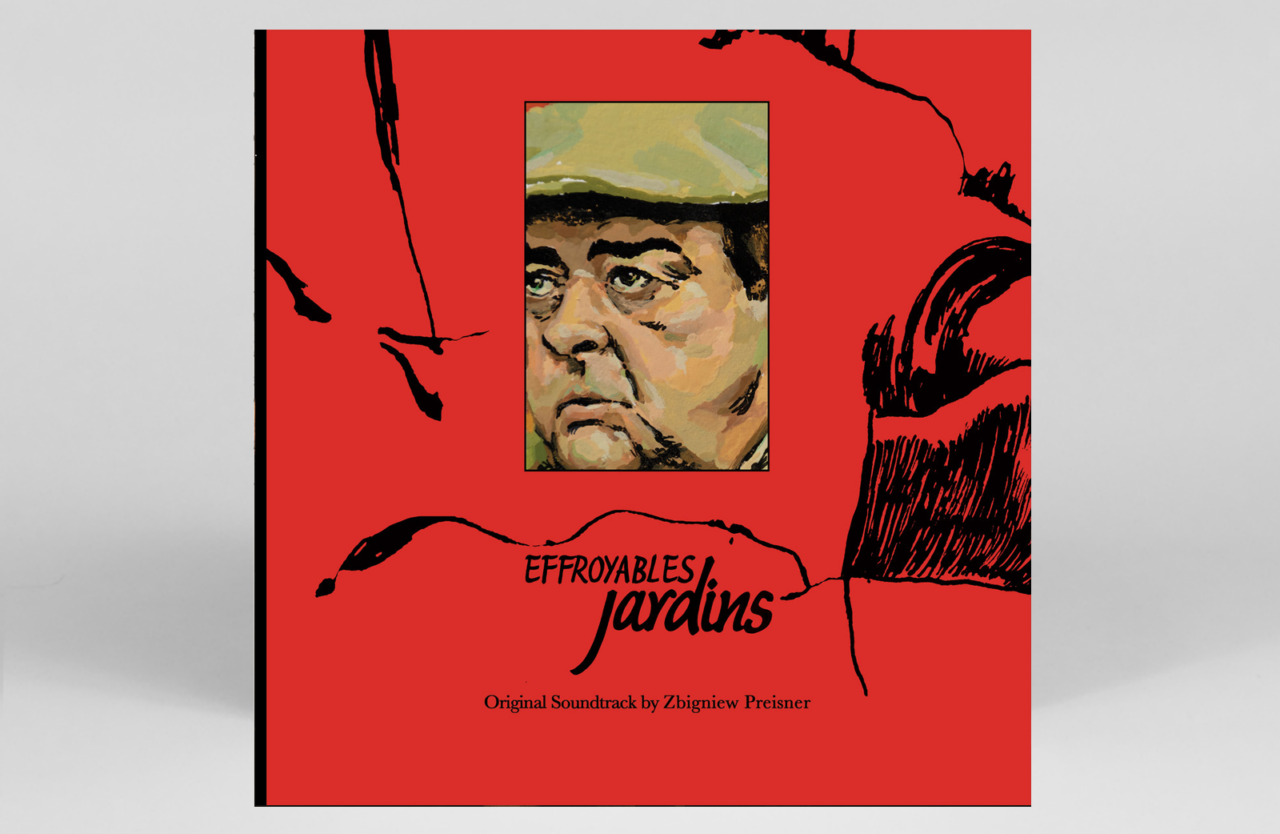
Zbigniew Preisner
Effroyables Jardins
(A Colourful Storm)
As the first ports of call within Zbigniew Preisner’s body of work are typically his acclaimed scores for Kristof Kieslowski, Effroyables Jardin comes as a hidden gem of the Polish composer’s works for film. A melancholic intensity pervades this 2002 soundtrack for Jean Becker’s eponymous film with apprehensive piano and strings and variations on a main theme that builds the atmospherics. Neatly sequenced and a listening experience in its own right when set aside from the imagery, this one gets a deserved vinyl release some twenty years after the fact. – JH
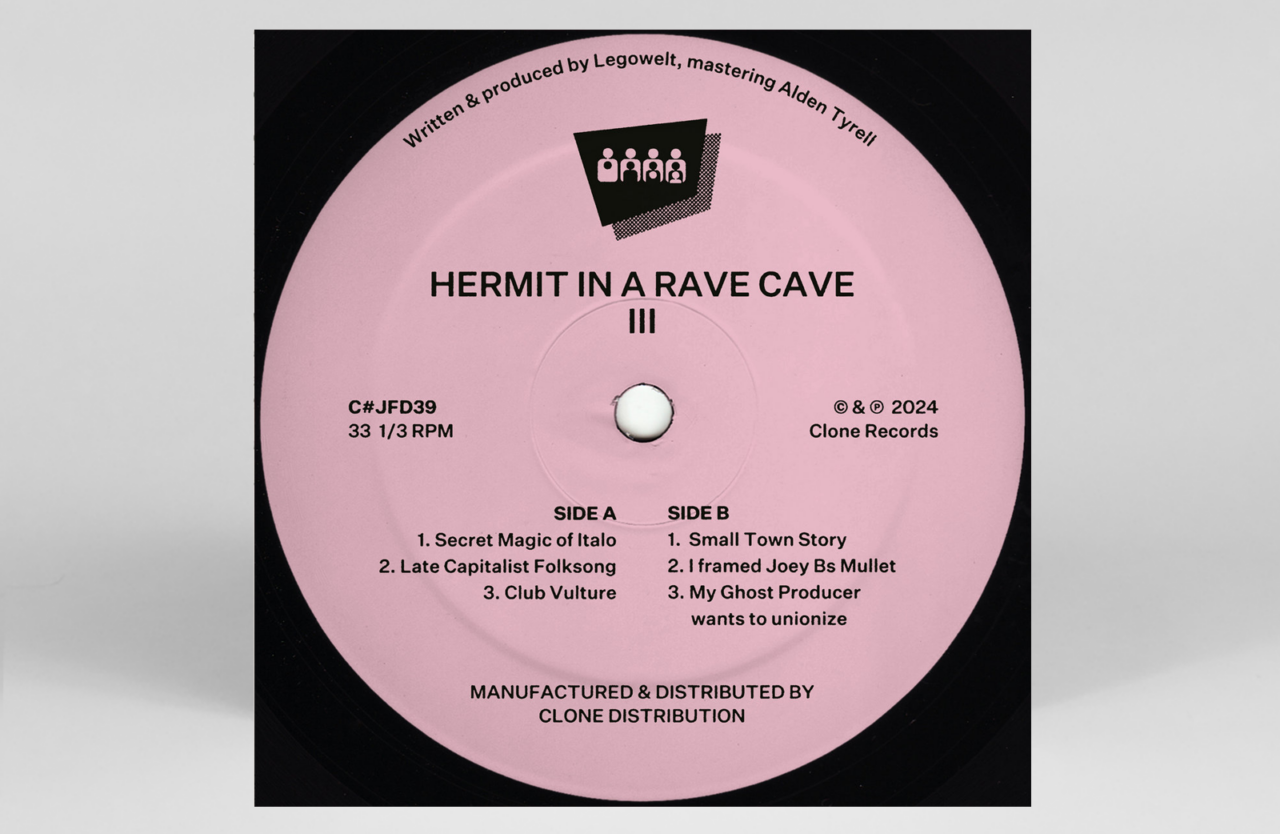
Hermit In A Rave Cave
Hermit In A Rave Cave pt. 3
(Clone Jack For Daze)
Dutch composer and DJ Legowelt has taken many different faces and forms over the years and for his third spin out on the town he returns to his Hermit in a Rave Cave alias in Clone Jack For Daze’s series. Across six tracks, the Hermit traverses vintage sounds from the cave with jacking low-slung acidic house and honouring the eclectic sounds of italo. Some sounds are more joyful whilst others border on dark basement energy with that crisp Dutch take on electro pulsating throughout. – EH
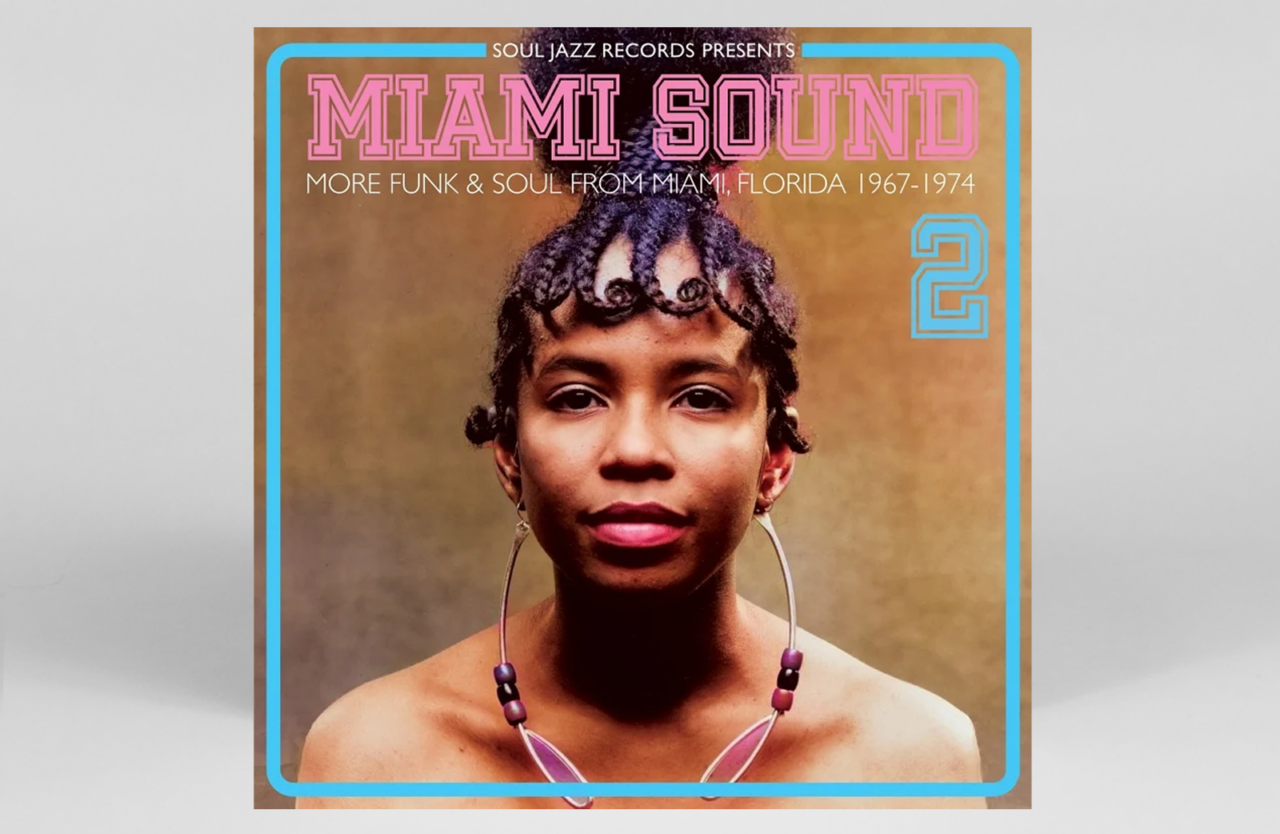
Various Artists
Miami Sound 2
(Soul Jazz Records)
When Soul Jazz’s first Miami Sound compilation dropped way back in 2003, it became an instant classic. Now, more than two decades on, it receives a sequel as groovy and funk-filled as its predecessor. Diving deep into the discography of Miami’s TK Records, Miami Sound 2 features hits from legends like Betty Wright, Gwen Mcrae, Little Beaver and Milton Wright, alongside more obscure figures like Della Humphrey and Paulette Reaves. – AVD
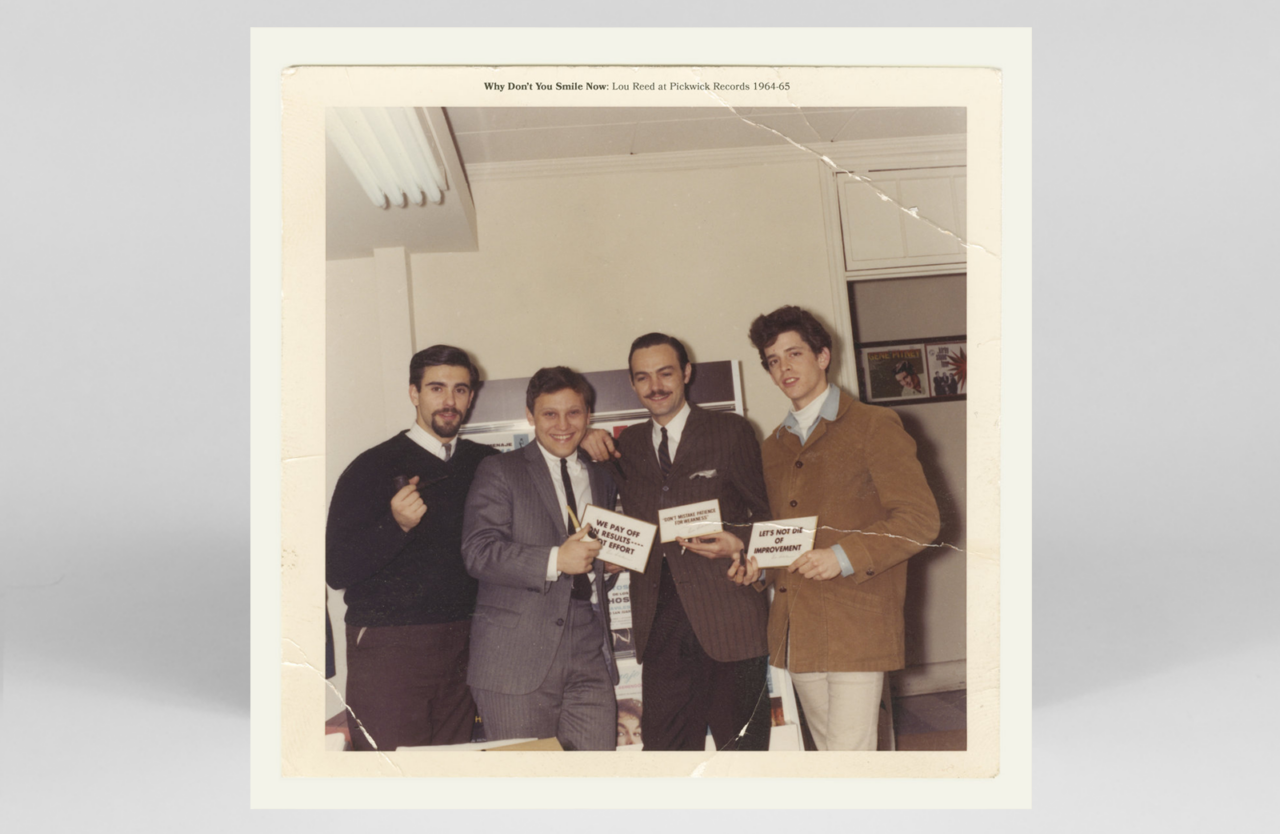
Various Artists
Why Don’t You Smile Now: Lou Reed at Pickwick Records 1964-65
(Light in the Attic)
Honed in on Lou Reed’s 1964-65 stint as a staff writer for the sound-alike, budget productions of Pickwick Records, Light in the Attic’s latest venture into Reed’s archive gives some intriguing insight into his commercial roots. Spanning surf rock, girl group pop, garage rock and other pop formulas, Reed’s emulation songwriting casts a wide net and, as a collection, this one presents a parallel universe of sorts to the mainstream radio waves of 1964. Whilst those looking for extensive Velvet Underground links should head elsewhere, there’s still plenty of interest here for the Lou Reed faithful. – JH
